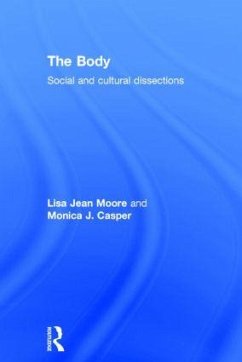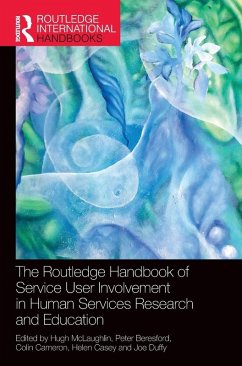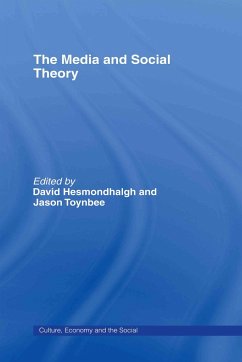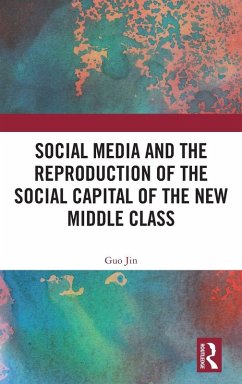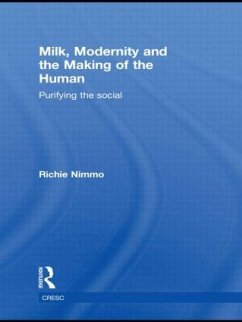
Human Cloning in the Media
From Science Fiction to Science Practice
Versandkostenfrei!
Versandfertig in 1-2 Wochen
177,99 €
inkl. MwSt.
Weitere Ausgaben:

PAYBACK Punkte
89 °P sammeln!
This book provides an intensive exploration of recent popular representations of human cloning and genomics and the complex concerns evoked by these. It is a timely contribution to current debates about the public communication of science and a challenging investigation of what is at stake, culturally and politically, in those debates.





